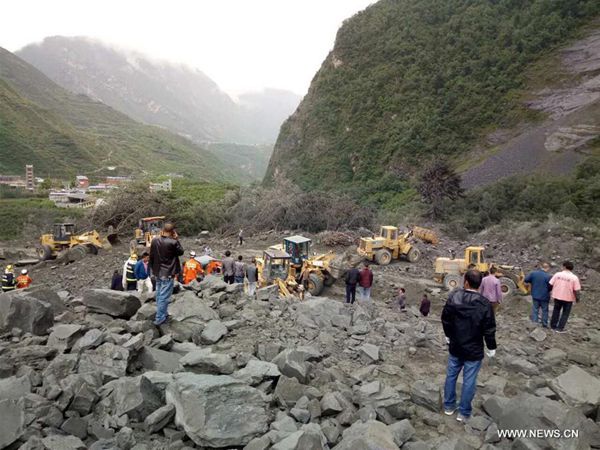The Chinese mainland and Hong Kong have benefited each other and have grown together since Hong Kong’s return to the motherland 20 years ago, K. Wah Group Chairman Lui Che-woo told Xinhua recently.
“The central government’s policy towards Hong Kong has supported Hong Kong’s development, while Hong Kong on the other hand has helped the mainland to open up further to the world,” said the 88-year-old tycoon, wearing his trademark flap cap.
Lui believes that Hong Kong has maintained its core value over the past 20 years. “You can see that it is more prosperous nowadays.”
Prior to 1997, some foreign and local companies moved their businesses away from Hong Kong for fear of uncertain future. K. Wah Group went the other way around.
“I think the return to the motherland presents lots of opportunities for Hong Kong,” he said, “With the mainland behind our back, Hong Kong’s future will be bright. So we concentrated our business in Hong Kong at that time.”
Founded in 1955 and starting from quarrying industry, K. Wah Group has expanded rapidly during the past two decades, becoming a conglomerate of construction materials, properties, hospitality and entertainment and leisure resorts, with total assets value mounting to hundreds of millions of U.S. dollars.
Lui said Hong Kong has made huge progress in finance, trading, tourism and transportation after 1997, together with sound legal system, helping elevate Hong Kong’s international status significantly.
“Hong Kong is right behind New York and London now, but without the support from the mainland, Hong Kong would not be so strong,” Lui chuckled. “Hong Kong people should be grateful to all the benefits.”
He said the successful implementation of the “one country, two systems” principle in Hong Kong has ensured its prosperity and stability.
“The principle is the smartest way to balance two different political and economic systems, enabling Hong Kong and the mainland to adapt and cooperate with each other. The achievement is well recognized,” Lui said.
As one of the earliest Hong Kong companies to enter the mainland market in the 1980s, K. Wah Group has now become a major construction material supplier in the northern, eastern and southern China.
The company also seized the opportunities to transform itself into a fully integrated environmentally-friendly enterprise, in line with China’s national policy of sustainable development.
“So far our eco-product business in the Chinese mainland is good, sometimes in short supply,” Lui said.
With over five decades of quarrying experience, K. Wah Group also strives to share a piece of cake from the Belt and Road Initiative, as many infrastructure projects are planned along the revived ancient trade routes.
“I wish there would be more opportunities for us, and hopefully our business in countries along the Belt and Road will exceed that in Hong Kong,” Lui said.
He also spoke highly of southern China’s Guangdong-Hong Kong-Macao Greater Bay Area. “The concept is quite attractive,” Lui said, adding Hong Kong will become an important hub of trading, tourism and industry as all the places within the bay area will be linked more closely in the future.
“K. Wah Group has confidence in investing the bay area, and there are some projects under negotiation currently,” said Lui, with a high expectation that the central government will grant more incentives to Hong Kong businessmen.
He is upbeat about China’s future development. “The mainland is leading ahead in many fields, such as technology, and Hong Kong is also catching up. I believe the country will continue moving forward.”

